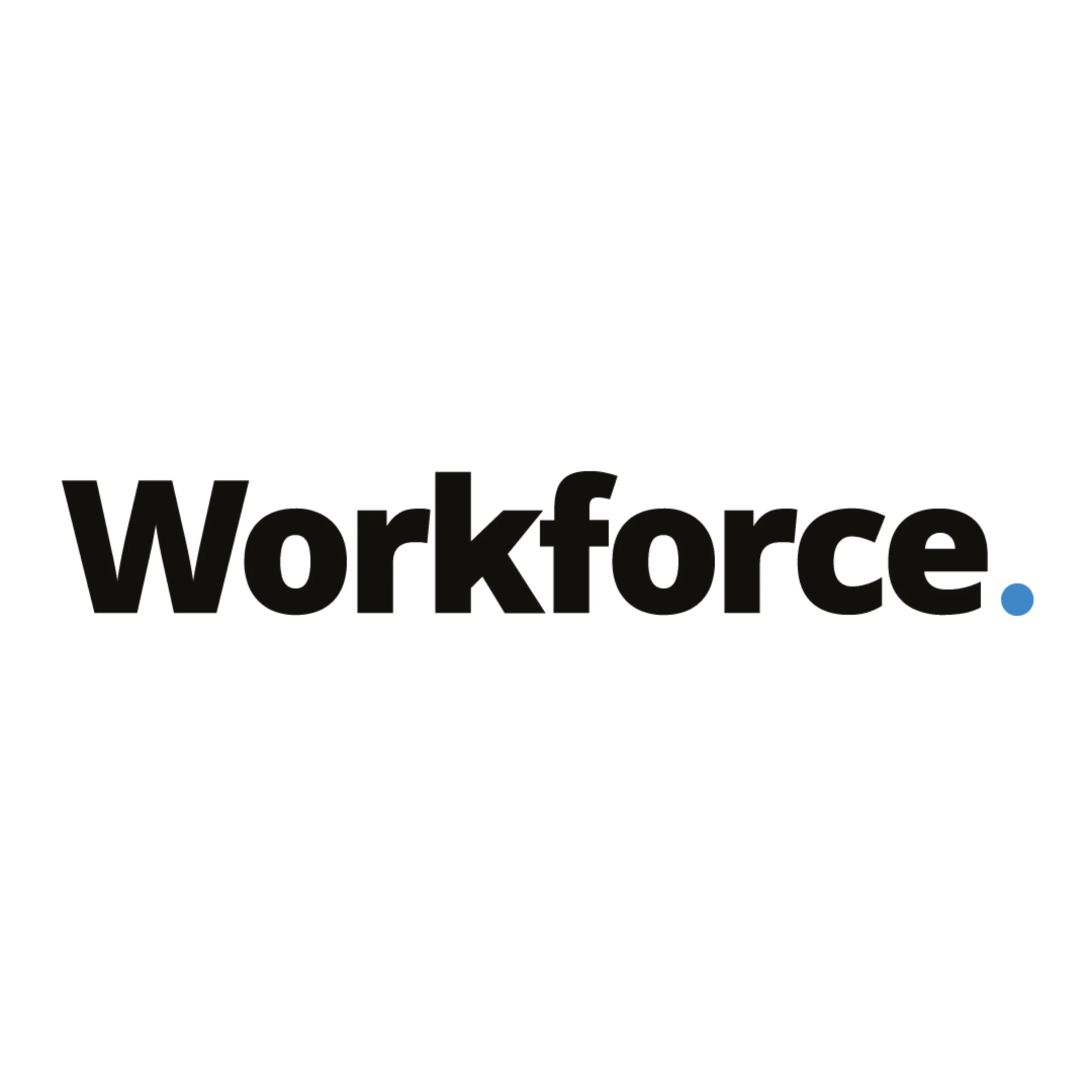To effectively assess leadership skills in Nigerian organisations today requires more than gut feelings or casual observations. In a business landscape marked by volatility and increasing competition, Nigerian companies must adopt structured leadership assessment approaches that identify true leadership potential, measure capabilities objectively, and inform development decisions.
The traditional approach of promoting based solely on technical expertise or tenure has proven inadequate across industries in Nigeria. This article explores why implementing robust leadership assessment frameworks is essential for Nigerian businesses seeking sustainable growth and organisational resilience.

The Hidden Cost of Poor Leadership Assessment in Nigerian Companies
When Nigerian organisations fail to properly assess leadership capabilities, the consequences extend far beyond poor management. Research consistently shows that inadequately assessed and poorly prepared leaders cost businesses significantly in both tangible and intangible ways:
- Reduced employee engagement and productivity (estimated 20-50% decline)
- Increased staff turnover, particularly among high performers
- Diminished innovation and strategic thinking
- Stalled organisational transformation initiatives
- Damaged company culture and reputation
For Nigerian businesses specifically, these costs are amplified in an environment where talent retention is already challenging and market conditions demand agile leadership. The hidden costs of ignoring leadership behaviour can significantly undermine organisational performance.
Core Components of Effective Leadership Assessment
A comprehensive leadership assessment framework for Nigerian organisations should include several key elements:
1. Competency-Based Assessment
Defining clear leadership competencies tailored to your Nigerian organisation’s strategic needs provides the foundation for effective assessment. These competencies should reflect both universal leadership qualities and those specifically relevant to the Nigerian business context.
Competencies typically assessed include:
- Strategic thinking and business acumen
- People management and team development
- Change leadership and adaptability
- Cross-cultural intelligence and stakeholder management
- Ethical decision-making and integrity
2. Multi-Method Assessment Approach
Relying on a single assessment method provides limited insight. Nigerian organisations that excel at leadership development employ multiple assessment methods to gain a comprehensive view:
- Psychometric assessments (personality, cognitive ability, emotional intelligence)
- 360-degree feedback from managers, peers, and direct reports
- Behavioural interviews and situational judgment tests
- Assessment centres with business simulations
- Performance data analysis
3. Objective Data Analysis
Nigerian businesses must move beyond subjective opinions when evaluating leadership potential. This means:
- Establishing clear evaluation criteria and rating scales
- Training assessors to minimise bias
- Using validated assessment tools with proven reliability
- Incorporating both quantitative metrics and qualitative insights
4. Developmental Focus
The most effective leadership assessment processes in Nigerian organisations are not merely evaluative but developmental. They provide:
- Specific, actionable feedback to participants
- Clear developmental recommendations
- Links to learning resources and opportunities
- Follow-up coaching and support
Leadership Assessment Approaches for Different Organisational Levels
Nigerian organisations should tailor their assessment approaches based on leadership level:
For Emerging Leaders/High Potentials
- Focus on learning agility and growth mindset
- Assess leadership behaviours in stretch assignments
- Evaluate adaptability and resilience
- Use assessment centres with business simulations
- Consider early indicators of strategic thinking
Many Nigerian companies have found that identifying leadership potential early through structured assessment allows for more targeted development investments and better succession planning.
For Mid-Level Leaders
- Evaluate team leadership and operational execution
- Assess coaching and developing others
- Measure cross-functional collaboration skills
- Evaluate change implementation capabilities
- Consider 360-degree feedback focused on team effectiveness
Nigerian organisations report that mid-level leadership development and assessment often represents the most significant opportunity for improvement, as this level translates strategy into execution.
For Executive Leaders
- Focus on strategic thinking and business acumen
- Assess enterprise-level leadership and influence
- Evaluate external stakeholder management
- Consider board and investor relations capabilities
- Measure organisational culture shaping
For senior leaders in Nigerian organisations, assessment should emphasise the ability to navigate complex market conditions and build organisational resilience.
Common Pitfalls in Leadership Assessment for Nigerian Organisations
Nigerian companies implementing leadership assessment programmes should avoid these frequent mistakes:
- Over-reliance on Western assessment tools without local adaptation – Assessment frameworks must be contextualised for Nigerian business realities and cultural nuances
- Focusing only on assessment without development follow-through – Assessment without corresponding development plans wastes both data and opportunity
- Failing to align assessment with strategic business needs – Leadership requirements should directly connect to the organisation’s strategic challenges
- Insufficient assessor training – Those conducting assessments need proper preparation to ensure consistency and minimise bias
- Poor communication about assessment purpose – Participants need clarity about how assessment data will be used to build trust in the process
Integrating Leadership Assessment into Talent Management
For Nigerian organisations to maximise the value of leadership assessment, it must be integrated into broader talent management practices:
Succession Planning
Use assessment data to identify high-potential leaders and create targeted development plans for critical roles. Nigerian companies with mature assessment processes report significantly improved succession planning outcomes and reduced leadership transition risks.
Performance Management
Incorporate leadership competencies into regular performance discussions and evaluations. Leading Nigerian organisations ensure alignment between leadership assessment frameworks and performance management criteria.
Learning and Development
Design development programmes that directly address gaps identified through leadership assessment. Nigerian companies find that assessment-informed development yields higher ROI than generic leadership training.
Recruitment and Selection
Apply consistent leadership assessment methodologies when hiring external candidates. This helps Nigerian organisations maintain leadership quality standards across internal and external talent pools.
Measuring the Impact of Leadership Assessment
Nigerian organisations should establish clear metrics to evaluate the effectiveness of their leadership assessment initiatives:
- Leadership bench strength – Percentage of critical roles with ready successors
- Leadership retention – Turnover rates among assessed high-potential leaders
- Internal promotion success – Performance outcomes of leaders promoted based on assessment data
- Time-to-productivity – How quickly new leaders reach full effectiveness
- Business performance – Correlation between leadership effectiveness scores and business unit results
Nigerian companies that track these metrics consistently report stronger returns on their leadership development investments.
Case Study: Transforming Leadership Assessment in a Nigerian Financial Institution
A leading Nigerian bank faced challenges with inconsistent leadership quality across its branch network and high-potential talent leaving for competitors. They implemented a comprehensive leadership assessment programme with these components:
- Clearly defined leadership competencies aligned with their digital transformation strategy
- Multi-method assessment including 360-feedback, psychometric tools, and business simulations
- Assessment centres for high-potential identification
- Integration with succession planning and development programmes
- Regular calibration of assessment data in talent reviews
Results after 24 months included:
- 40% improvement in leadership bench strength
- 35% reduction in external leadership hires
- 28% improvement in engagement scores for teams led by assessed leaders
- Significant correlation between leader assessment scores and branch performance metrics
The Future of Leadership Assessment in Nigeria
As Nigerian organisations continue to evolve, leadership assessment practices are also advancing:
Technology Integration
Digital assessment platforms are making sophisticated leadership evaluation more accessible and cost-effective for Nigerian companies of all sizes. These tools provide data analytics capabilities that help organisations identify patterns and trends in leadership effectiveness.
Focus on Agility and Adaptability
Leadership assessment in Nigeria increasingly emphasises the ability to navigate uncertainty and lead through disruption. These are critical skills in the country’s dynamic business environment.
Predictive Analytics
Advanced Nigerian organisations are beginning to use AI and predictive models to identify early indicators of leadership potential and forecast leadership performance in specific contexts.
Greater Customisation
One-size-fits-all approaches are giving way to more tailored assessment frameworks that address the specific leadership challenges of different Nigerian industries and organisational cultures.
Getting Started: Implementing Structured Leadership Assessment
For Nigerian organisations looking to enhance their leadership assessment capabilities, consider these practical steps:
1. Audit Current Practices
Evaluate existing leadership identification and development processes to identify strengths and gaps. Many Nigerian companies discover they have some assessment components in place but lack integration and consistency.
2. Define Leadership Success
Clearly articulate what effective leadership looks like in your Nigerian organisation, both now and for future strategic needs. This definition should drive your assessment framework.
3. Select Appropriate Assessment Tools
Choose assessment methodologies that align with your organisation’s culture, resources, and specific leadership requirements. Ensure tools are properly validated for use in Nigerian contexts.
4. Prepare Your Organisation
Communicate the purpose and process of leadership assessment to build understanding and buy-in. Train managers and HR teams to support the assessment process effectively.
5. Start with a Pilot
Begin with a focused assessment initiative targeting a specific leadership level or business unit. Learn and refine before scaling across the organisation.
6. Connect Assessment to Development
Ensure clear pathways exist from assessment insights to developmental actions. Nigerian organisations often fall short by collecting data without actionable follow-through.
Conclusion
For Nigerian organisations competing in complex markets, the ability to assess leadership skills effectively is not just an HR activity. It is a strategic necessity. Structured leadership assessment strengthens pipelines, enables succession planning, and drives superior business performance.
Strong leaders do not emerge by chance. They are identified, assessed, and developed with the right tools. Workforce Learning helps Nigerian organisations put structure around leadership assessment, ensuring clarity, fairness, and measurable impact.
Contact us at hello@workforcegroup.com or schedule a free consultation today to discover how we can build stronger leaders for your business.
For more insights on learning and development, follow us on LinkedIn.

